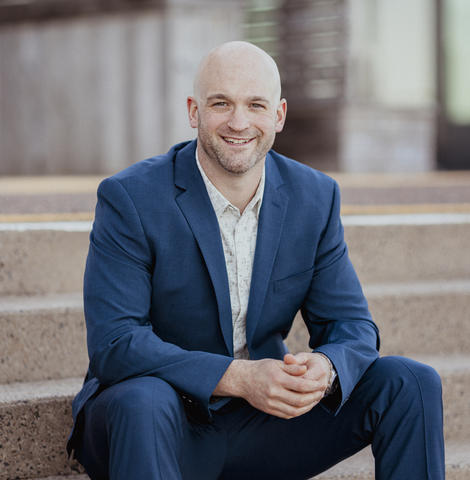About the Researcher

My name is Colin Osmond, and I am a Post-Doctoral Candidate at Mount Saint Vincent University in Halifax, Nova Scotia. I am currently researching the history of Industrial Colonialism in Pictou County, Nova Scotia (please see the "About" section for more details).
My research focuses on the intersections of wage labour, Indigenous identity, community organization, environment, and family life to shed light on both the continuities and changes that impacted Indigenous people in the the late 19th and 20th centuries in Canada. I am interested in how working for wages changed the way that people organized their lives, families, and communities. Many of the documents housed on this website come from my doctoral research project - "Paycheques & Paper Promises: Coast Salish and Mi’kmaw Work And Family Life under Canadian Settler Colonialism."
While this database contains historical documents from Pictou Landing, my broader community-engaged doctoral project also partnered with the Tla'amin Nation (Sliammon, British Columbia). This project contributed to a growing body of historical knowledge that illuminates Indigenous agency and decision making in areas that are often discussed as part of a "colonial agenda." Wage labour provides us with an excellent window to understand the elements of colonial society that Indigenous people sometimes embraced, and sometimes rejected, for reasons that go beyond colonial imposition or assimilation. In so doing, we are able to learn much more about the ways Indigenous people understood their identities and communities at a time of great societal change.
This project is important to me beyond historical or academic curiosity. I grew up in Mi'kma'ki, the traditional territory of the Mi'kmaq. My ancestors first came to Nova Scotia in the late 18th century as part of the mass exodus of Highland Scots fleeing British oppression for unknown lands halfway across the world. My ancestors landed at Pictou, and pre-empted land across the harbour in Fishers Grant. My ancestors were the vanguard of a horde of settlers who displaced the Mi’kmaq from their villages, fishing sites, and hunting grounds. One of my ancestors, George MacPherson, occupied land that neighboured the reserve at Fishers Grant.
I recognize that my ancestors had much privilege- even if they were poor highlanders displaced from their own lands. They were able to 'pre-empt,' and own in 'fee simple' parcels of land that belonged to someone else. I acknowledge that I inherited this privilege, and I consider this project as part of my responsibility as a settler on Indigenous lands to teach Canadians about the often unheard histories of Canada. These stories, I believe, are essential to efforts of Truth and Reconciliation in Canada.
